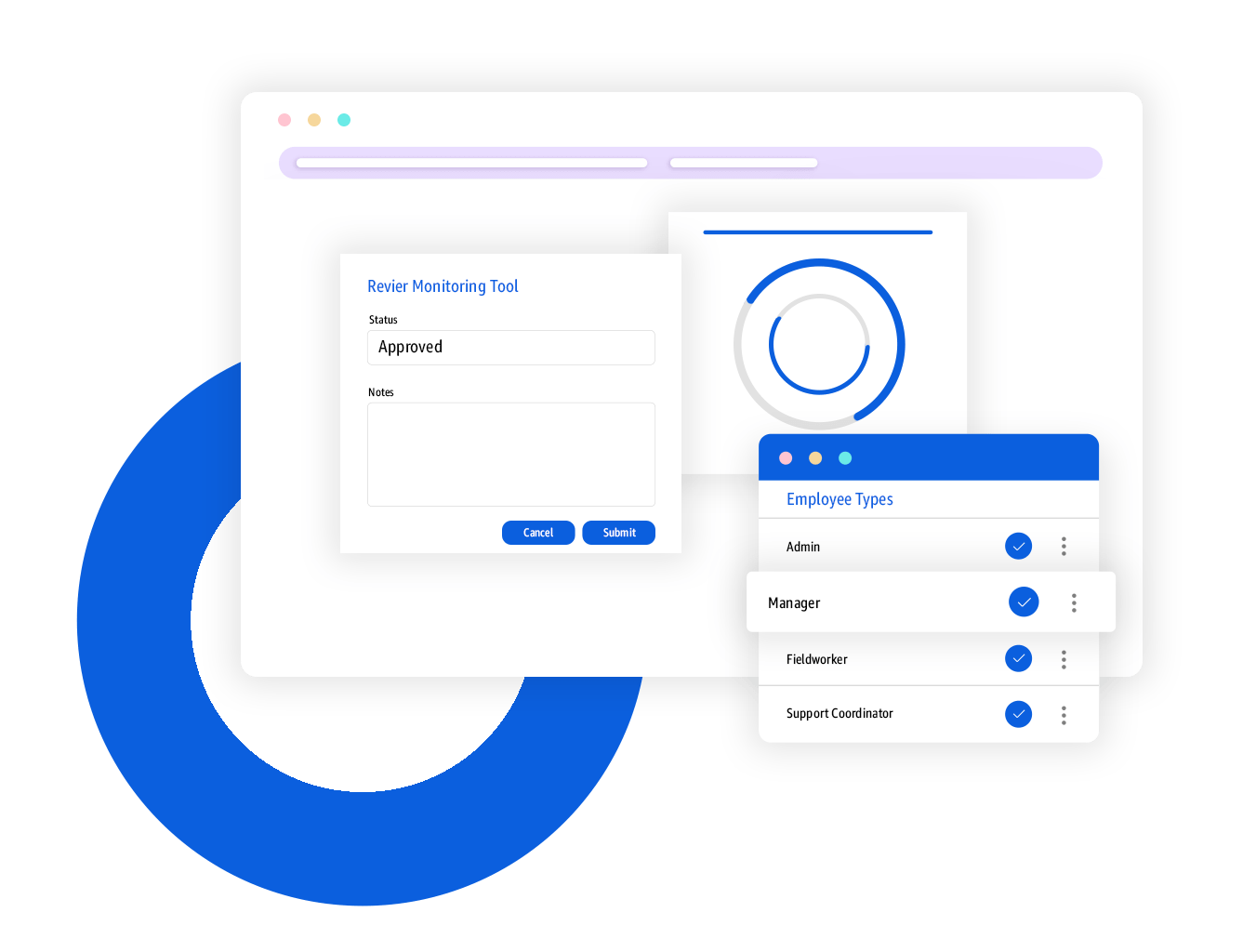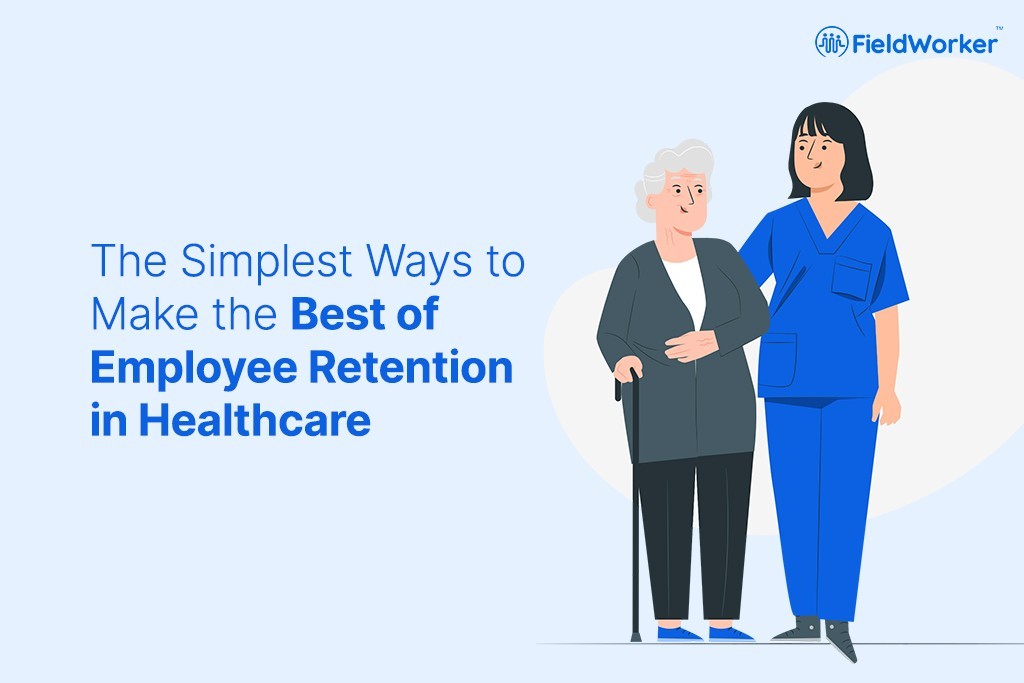Providing home care services in New Jersey and looking to hire employees? Then this article is for you.
Recently, the Developmental disability service providers revealed that people who initially left their jobs because of health-concerns wouldn’t return because of low wages.
Valerie Been, Executive Director of the Florida Developmental Disabilities Council, also said people were leaving their jobs because of the low pay. Considering the nature of their work, such as delivering one-on-one care to individuals with special needs, they can get a much easier job for more pay.
Lower Pay Demotivates Healthcare Workers
Mark Swain, the President and CEO of ARC (of Alachua County) echoed Been’s thoughts about workers leaving the industry. ARC is a service provider and advocacy organization for people with developmental disabilities.
Of the total 160 direct support professionals (DSPs) in the ARC of Alachua County, Mr. Swain says they are 55 short. This indicates the pandemic has impacted the industry, with the situation looking to worsen.
Even more alarming is that group homes can be shut down if there aren’t enough workers since these same workers sometimes switch to working for state-run institutions. This is due to these jobs increasing pay to $13 an hour, as is the case for state employees in Florida.
According to the Annual Case for Inclusion (which you can read in detail here), retail stock clerks are paid several dollars more per hour than DSPs. Sadly, DSPs are forced to work multiple jobs to support their families, as their main job borders on minimum wage (which may not be enough to be considered a living wage).
Swain firmly believes we need to build a financial infrastructure and workforce with more investments. At the same time, we recruit and sustain the workforce for In-Home care.
Employee Retention in Health Care: Expectations vs. Reality
As employee turnovers affect the Healthcare industry and several others, a procedure has to be in place to address employee retention. That is to improve the experience of your workers overall.
Some of these situations are unavoidable because of the nature of the work. However, Good leadership can quickly help motivate the staff through:
- Finding out the most pressing issues with employees: Not every employee is ready to move on from their jobs as a lot of them truly love it. But because of the challenges in some of their duties, the obstacles at work – they start to expectedly burn out.
For example, nurses might get frustrated with endless paperwork. However, if they have access to an application that can help reduce their paperwork time by more than half, you will notice changes in them for the better. Surveys are another way to find out what’s going on with them. - Always recognizing excellent work with their patient care: Addressing any upcoming problems to reduce employee turnover can immensely help your healthcare organization.
Also, acknowledging their hard work, rewards for their due diligence and more is an excellent motivator as some of your candidates (potential and current) will feel excited and valued to be part of an organization that recognizes growth and improvement opportunities. - Improve your overall employee engagement: Employee retention in Healthcare is a severe challenge in the industry. It’s costly for organizations to worry about employees who want a stable work environment.
All this while understanding your employee’s problems through sincere efforts with communication. Inviting feedback and empowering them when necessary will make your employees feel much more comfortable at your firm.
Low employee engagement can arise because of the many factors in the healthcare sector, from overtime at work, unpredictability in their schedules, workloads, and more.
A way to get employees engaged is to track their productivity and reward them appropriately. This ensures employee retention while adopting applications that help track their efficiency and scale your company’s growth.
One such application is FieldWorker. This Social work case management software can absorb case notes in seconds. Along with a Voice-to-text feature saving your care worker/nurse hours of writing. It also observes mandates like Electronic Visit Verification (EVV) with just one click, as well as your bills through accurate time-tracking.
According to Bolatito Jacobs, Founder and CEO of Caring For Your Needs, a Support Coordination Agency based in New Jersey “Before FieldWorker, we were spending 20 hours a month managing different tools and paper files. We also spent a lot of time tracking activities and on billing processes – all while making sure our records were ready in case of an audit. As we grew, we wanted to reduce time spent on these tasks and make sure we didn’t miss any important tasks or documents.”In essence, this gives social service agencies the ability to recognize how efficient their employees are and how they are spending their time.
Our care workers should feel more satisfied with their workload through a perfect balance between clinical and administrative work. Organizations must constantly look into their employee’s needs, keeping them engaged and passionate about what brought them to this career in the first place. Above all, always ensure to have their back.

